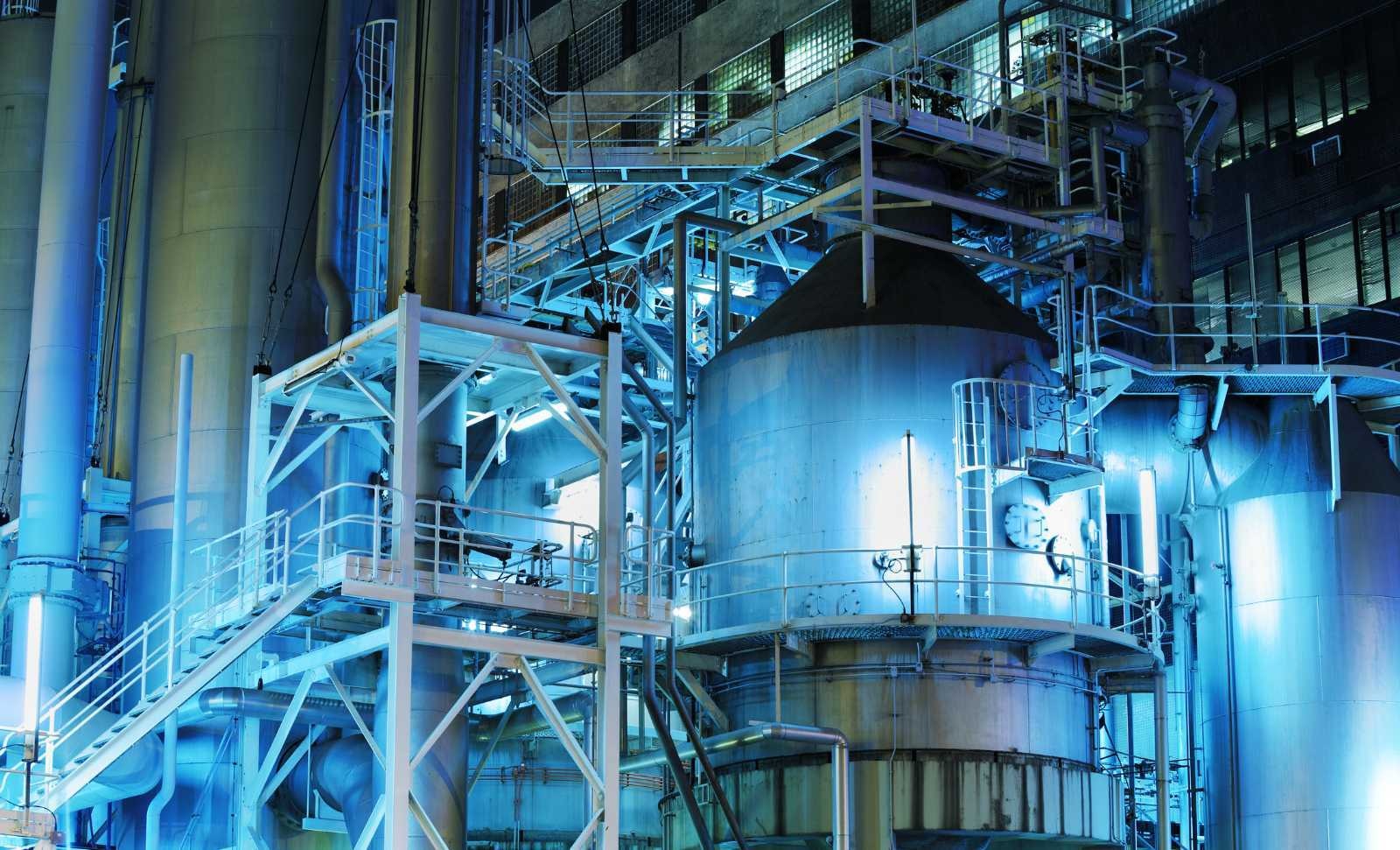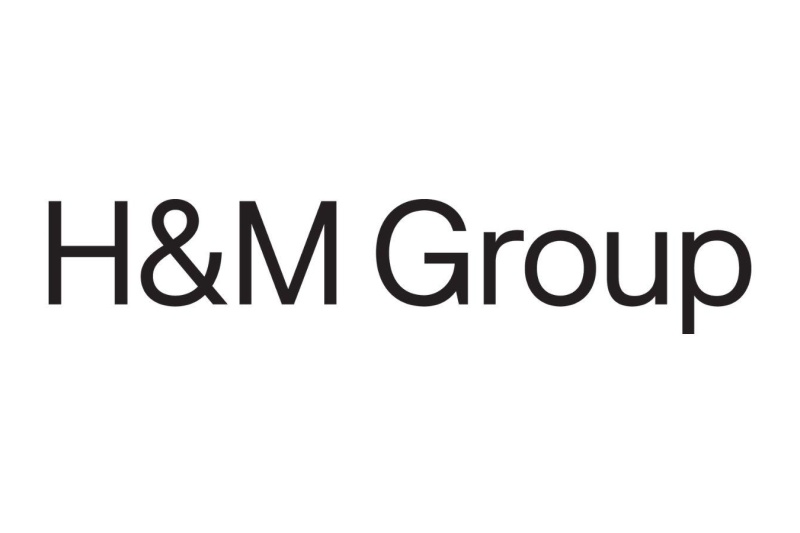
Chemicals
With 95% of manufactured products relying on chemicals, the sector plays a key role in tackling global warming. We are developing tailored resources to help chemical companies set science-based targets and drive meaningful change.
Science-based targets for chemicals companies
Thank you to the more than 65 respondents to the second public consultation and the over 20 pilot test applicants. We are carefully reviewing all submissions to progress the development of the Chemicals Sector Target-Setting Criteria.
While sector-specific resources are in development, join the leading chemicals companies already setting science-based targets in line with the SBTi sector-agnostic criteria. Take the first step toward climate leadership today.
Why take action?
The chemicals industry is a critical player in the fight against climate change. As the largest industrial energy consumer and the third highest contributor of global carbon emissions, the sector also faces rising risks from climate impacts, including fires, floods and structural damage. By reducing emissions in line with what is needed to keep global heating below catastrophic levels, chemical manufacturers can be at the forefront of the net-zero transformation while remaining economically competitive.
WATCH: The SBTi's Chemicals Project Lead, Mike Danielson, provides an overview of the Chemicals Sector Guidance and public consultation process.
Developing a target-setting guidance for companies in the chemicals sector
The chemicals industry faces significant challenges in decarbonizing due to the wide variety of products, reliance on hydrocarbons as feedstocks and rising global demand. To address these, and building on the outcomes of the scoping phase, we are developing the Chemicals Sector Target-Setting Criteria and supplementary resources for companies in the industry to set ambitious decarbonization targets within the unique context of the industry.
The goals of this project are:
- Develop sub-sector pathways for high-impact products based on the principles of SBTi’s Sectoral Decarbonization Approach (SDA).
- Identify best practices for emissions accounting with a focus on critical scope 3 categories for the industry.
- Provide guidance on addressing the impact of the circular economy (e.g. recycling) in accounting and target setting.
- Set expectations for scope 3 target setting in high-impact categories by chemical companies.
The Chemicals Sector Target-Setting Criteria Draft proposes three new SDA pathways covering primary chemicals, and includes criteria applicable to all companies in the sector. Primary chemicals - i.e. ammonia, methanol and high value chemicals (HVC), which comprises ethylene, propylene, benzene, toluene and xylene - represent around 70% of direct emissions from the industry.
Avoided GHG emissions generated from the use of products from the chemicals industry are outside the scope of the SBTi and will not be considered as part of this project. Avoided emissions fall under a separate accounting system from corporate inventories and do not count toward science-based emission reduction targets.
This project is being developed by the SBTi with support of Guidehouse.
Expert Advisory Group (EAG): Composed of technical experts from academia, research, non-profit, multilateral organizations and companies interested in setting science-based targets and contributing to the project execution. The project’s EAG currently consists of individuals from the following organizations:
- Air Liquide
- Air Products
- BASF
- Borealis
- CEFIC
- Center for Green Market Activation
- Dow Chemical
- Eastman
- ECOS (Environmental Coalition on Standards)
- Indorama Ventures
- Institute for Sustainable Communities (ISC)
- Institutional Investors Group on Climate Change (IIGCC)
- Lund University
- LyondellBasell
- Nutrien
- OCP Group
- ShareAction
- Transition Pathway Initiative (TPI)
- University of Exeter
- University of Sheffield
- WRI
- World Wide Fund for Nature (WWF)
- Yara
Note that the composition of the EAG may change over time, and this list will be updated accordingly. EAG members volunteer in a personal capacity to provide technical advice over the duration of the project. While their expertise helps guide the development process, final content decisions rest solely with the SBTi. As a result, the final output does not necessarily represent or imply endorsement by individual EAG members or their employers.
The following organizations provided initial financial support:
Air Liquide
Air Products
BASF
Indorama Ventures
LyondellBasell
Nutrien
Yara
Project launch: The SBTi Chemicals Project started in 2020, researching the barriers, challenges, and opportunities for chemical companies to set science-based targets. In 2023 we released the Chemicals Sector Status Report offering insights into the sector’s climate impact and outlining SBTi’s approach to this industry. For more details on SBTi’s plans, topics to be addressed and timelines, read the project Terms of Reference (TOR).
Public consultation: We held two public consultations for expert feedback on the draft resources: from May to July 2024 and November 2024 to January 2025. Between these periods, we revised the resources based on input received. Read the first public consultation feedback report, and the Main Changes Document for a detailed list of revisions. The report from the second consultation will be available in the coming months.
Pilot testing: From December 2024 to January 2025, we opened a call for companies to apply to pilot the Chemicals Sector Criteria and Tool. After reviewing the applications, selected companies were invited to participate. The pilot is expected to conclude in late Q1 2025, after which the SBTi will review the feedback received. When the final criteria is released, a summary of the development process, including key issues raised and how they were addressed will be published.
Pilot test resources
Second Public Consultation Resources
- Chemicals Sector Target-Setting Criteria Second Consultation Draft
- Chemicals Sector Target-Setting Tool Second Consultation Draft
- Chemicals Sector Target-Setting Criteria Supplemental Data Memorandum Second Consultation Draft
- Main Changes Document: Chemicals Sector Target-Setting Criteria Second Consultation Draft
First Public Consultation Resources
- Chemicals Sector Project First Public Consultation Feedback Report
- Chemicals Sector Project First Public Consultation Feedback Log
- Chemicals Sector Guidance First Consultation Draft
- Chemicals Sector Target-Setting Tool First Consultation Draft
- Data Supplement for Reviewers of the Chemicals Sector Guidance First Consultation Draft
- Watch the introductory video to the first public consultation and
download the slide deck
EAG Resources
Background Resources
- Chemicals Sector Project Development Terms of Reference (December 2024)
- Science Based Target Setting in the Chemicals Sector: Status Report (January 2023)
- Sector Assessment: Barriers, Challenges, and Opportunities for Chemical Companies to Set Science-Based Targets (December 2020)
- Chemicals Sector Project Description (October 2018)
Join the Chemicals Project mailing list to receive our newsletters and stay up-to-date on this project.
For further information on the project, email chemicals@sciencebasedtargets.org.
Browse more sectors
If your sector is not listed here, you can still set a science-based target using our methods and resources. Consult the step-by-step guide to get started.



